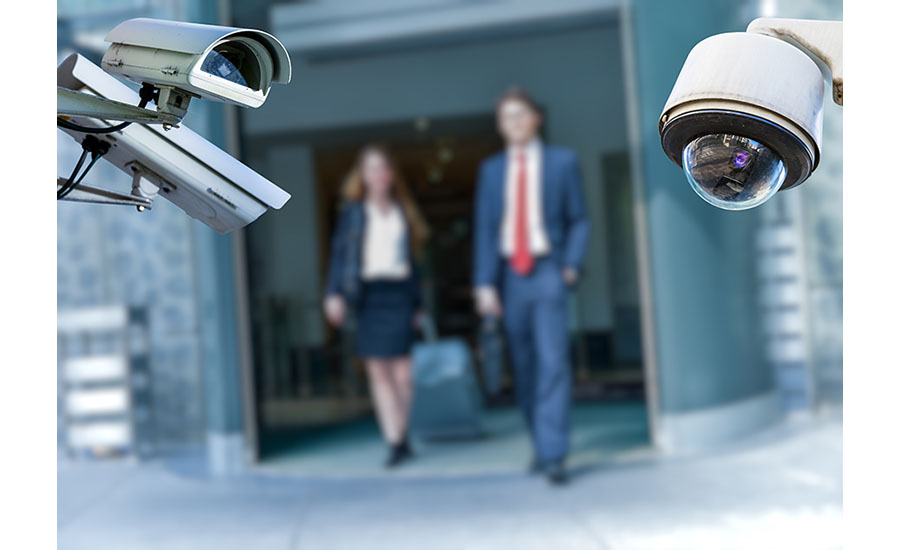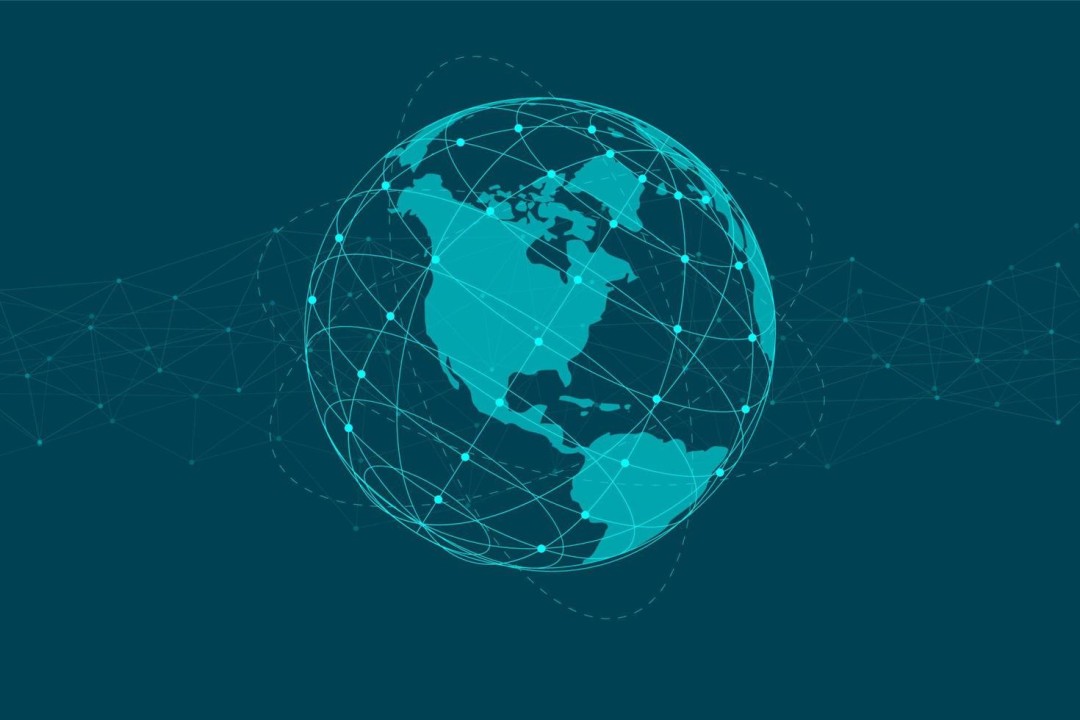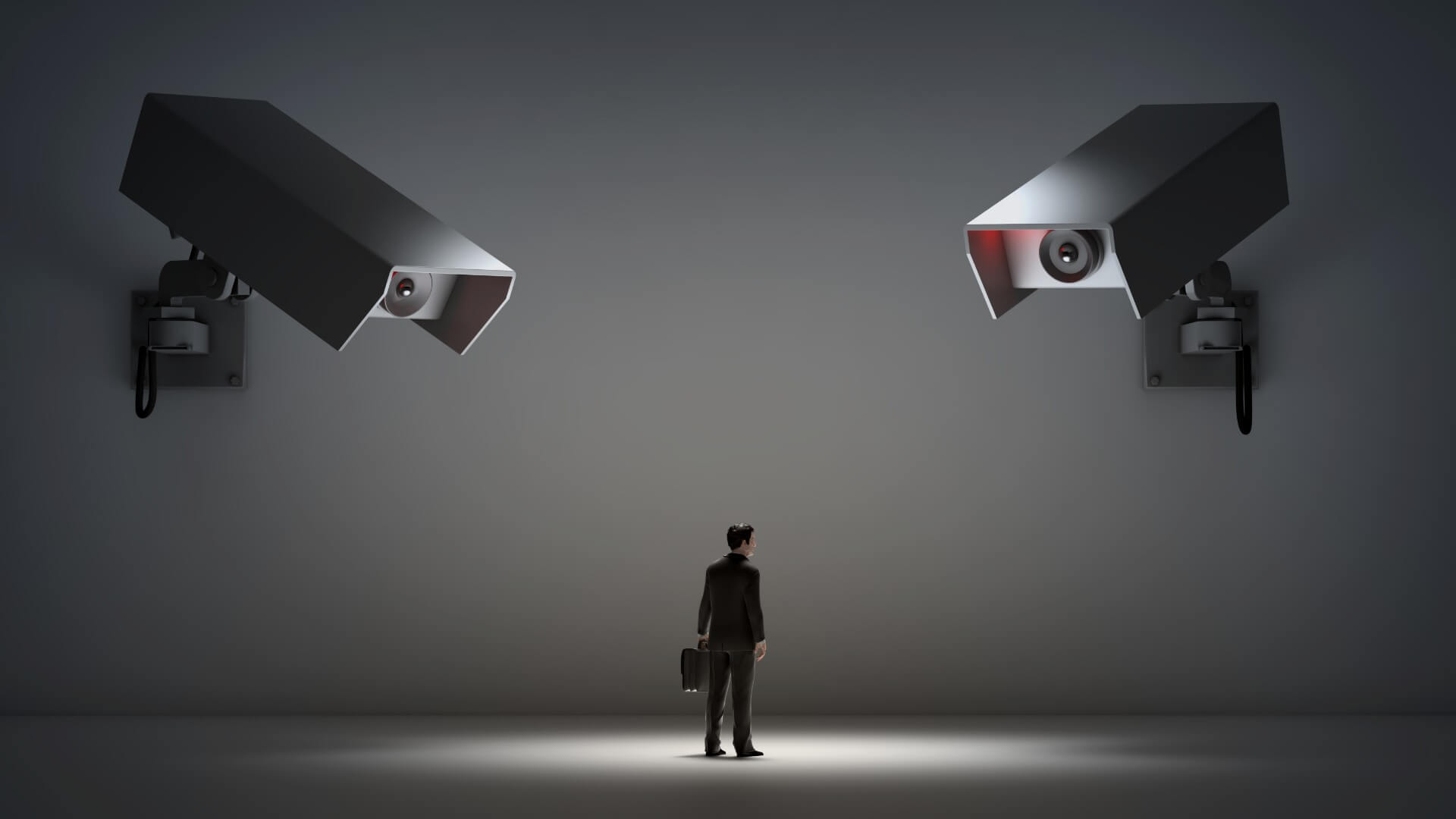As technology continues to advance, global surveillance has become an integral part of modern life. However, with the rise in surveillance comes increasingly urgent privacy concerns. From challenges in protecting personal data to debates over the legality and ethics of surveillance, this topic is at the center of many global discussions. This article will explore the key global surveillance and privacy issues, focusing on the major challenges, existing legal frameworks, and the future outlook for addressing these critical concerns.
What is global surveillance?
Global surveillance refers to the systematic monitoring and collection of data on individuals and groups across international borders. It encompasses various methods and technologies used by governments, corporations, and other organizations to track activities, communications, and behaviors of people worldwide. This form of surveillance is often justified in the name of national security, public safety, and crime prevention, but it also raises significant privacy issues.
The rise of digital technology has amplified the scope of global surveillance. With the proliferation of the Internet, smartphones, and IoT devices, vast amounts of data are generated every day. Governments and corporations can collect this information through various means, such as surveillance cameras, social media tracking, and data mining from online platforms. As a result, individuals’ online activities, personal communications, and even physical movements can be monitored and analyzed.
While global surveillance can enhance security and help in law enforcement efforts, it poses serious threats to personal privacy and civil liberties. The potential for misuse of collected data, lack of transparency, and inadequate legal protections have sparked widespread concern among privacy advocates and human rights organizations. The ongoing debate around global surveillance and privacy issues highlights the need for a balance between security measures and the protection of individual rights in an increasingly monitored world.
As technology continues to evolve, so too does the conversation surrounding global surveillance. Understanding its implications is crucial for navigating the complex landscape of privacy in today’s interconnected society.

Privacy issues
Privacy issues have emerged as a critical concern in the digital age, particularly in the context of global surveillance and privacy issues. With advancements in technology, the ability to monitor individuals and collect personal data has grown significantly. Governments, corporations, and hackers can access vast amounts of information, raising ethical questions about consent and the right to privacy.
One major concern is the volume of data collected without individuals’ explicit consent. People often share sensitive information unknowingly, which can be exploited for commercial purposes or malicious intents. Additionally, the potential for data breaches and identity theft is alarming, as high-profile incidents have revealed vulnerabilities in data security.
The lack of consistent regulations governing data protection further complicates global surveillance and privacy issues. While the European Union’s General Data Protection Regulation (GDPR) sets a high standard, many countries lack similar protections, leaving individuals vulnerable.
In conclusion, addressing global surveillance and privacy issues is essential for safeguarding personal privacy in an increasingly monitored world. Strengthening regulations and promoting transparency in data collection practices are crucial for protecting individuals’ rights in this evolving landscape.
Notable cases and examples of global surveillance and privacy issues
The discussion around global surveillance and privacy issues is exemplified by several notable cases that illustrate the challenges of balancing security and individual rights.
One significant case is the Edward Snowden revelations in 2013, where the former NSA contractor exposed extensive surveillance programs that included mass collection of phone metadata and internet communications without consent. This disclosure sparked a global debate on privacy rights and government accountability, leading to calls for reforms to enhance protections for citizens.
Another example is the Cambridge Analytica scandal, which surfaced in 2018 when the firm harvested data from millions of Facebook users without their consent for targeted political advertising. This incident highlighted the risks of data collection practices by private companies and raised concerns about the manipulation of public opinion through invasive surveillance.
Additionally, the implementation of the Social Credit System in China showcases how surveillance can control citizens’ behavior. This system assigns scores based on data from social media and financial records, posing serious questions about privacy rights and state control.
Moreover, the growing use of facial recognition technology by law enforcement raises significant concerns. While it aims to enhance public safety, issues such as inaccuracy and potential racial profiling highlight the dangers of unchecked surveillance.
In conclusion, these notable cases-Snowden’s revelations, the Cambridge Analytica scandal, and the use of surveillance technologies-underscore the urgent need to address global surveillance and privacy issues through stronger privacy protections and ethical considerations in data collection practices.

Laws and privacy rights
The landscape of global surveillance and privacy issues is shaped by various laws that govern the protection of personal data and privacy rights, which can differ significantly across countries.
In the European Union, the General Data Protection Regulation (GDPR) sets stringent guidelines for data collection and processing, granting individuals rights such as access to their data and the right to erasure. This law emphasizes consent and transparency, making it a model for privacy protection.
Conversely, the United States lacks a comprehensive federal privacy law, relying instead on sector-specific regulations like HIPAA for health data. This fragmented approach raises concerns about privacy rights and potential surveillance abuses.
Internationally, the United Nations recognizes the right to privacy as a fundamental human right, calling on member states to protect individuals from arbitrary surveillance. However, enforcement remains inconsistent, highlighting the need for stronger protections.
In summary, the relationship between laws and privacy rights is critical in addressing global surveillance and privacy issues. Robust legal frameworks can enhance individual protections, but ongoing advocacy and reform are necessary to safeguard privacy in an increasingly monitored world.

Technology and privacy
The intersection of technology and privacy plays a crucial role in the discussion of global surveillance and privacy issues. As technological advancements continue to evolve, they bring both benefits and challenges to personal privacy.
On one hand, technology enables enhanced communication, convenience, and access to information. However, it also facilitates extensive data collection through various means, including social media, online transactions, and smart devices. This data is often stored and analyzed, leading to concerns about how personal information is used and shared.
Surveillance technologies, such as facial recognition and location tracking, further exacerbate global surveillance and privacy issues. While these tools can improve security and efficiency, they also pose significant risks to individual privacy. The potential for misuse of this technology, coupled with inadequate regulations, raises alarming questions about consent and the protection of personal rights.
In conclusion, as technology continues to advance, its impact on privacy rights becomes increasingly significant. Addressing the challenges posed by technology is essential to ensure that global surveillance and privacy issues are managed effectively, balancing security needs with the protection of individual privacy.
In examining global surveillance and privacy issues, it is clear that the balance between security and individual rights poses significant challenges. As surveillance technologies become more sophisticated, concerns about privacy violations and the misuse of personal data continue to grow. Legal frameworks, such as the GDPR, provide essential protections, yet many countries still lack comprehensive regulations to safeguard privacy effectively.
Looking to the future, it is crucial for policymakers, technology companies, and civil society to collaborate in creating robust legal frameworks that address these challenges. Ensuring transparency, accountability, and ethical data practices will be vital in navigating the complexities of global surveillance and privacy issues. By prioritizing the protection of individual privacy rights, society can work towards a future where security measures do not come at the expense of fundamental freedoms.
